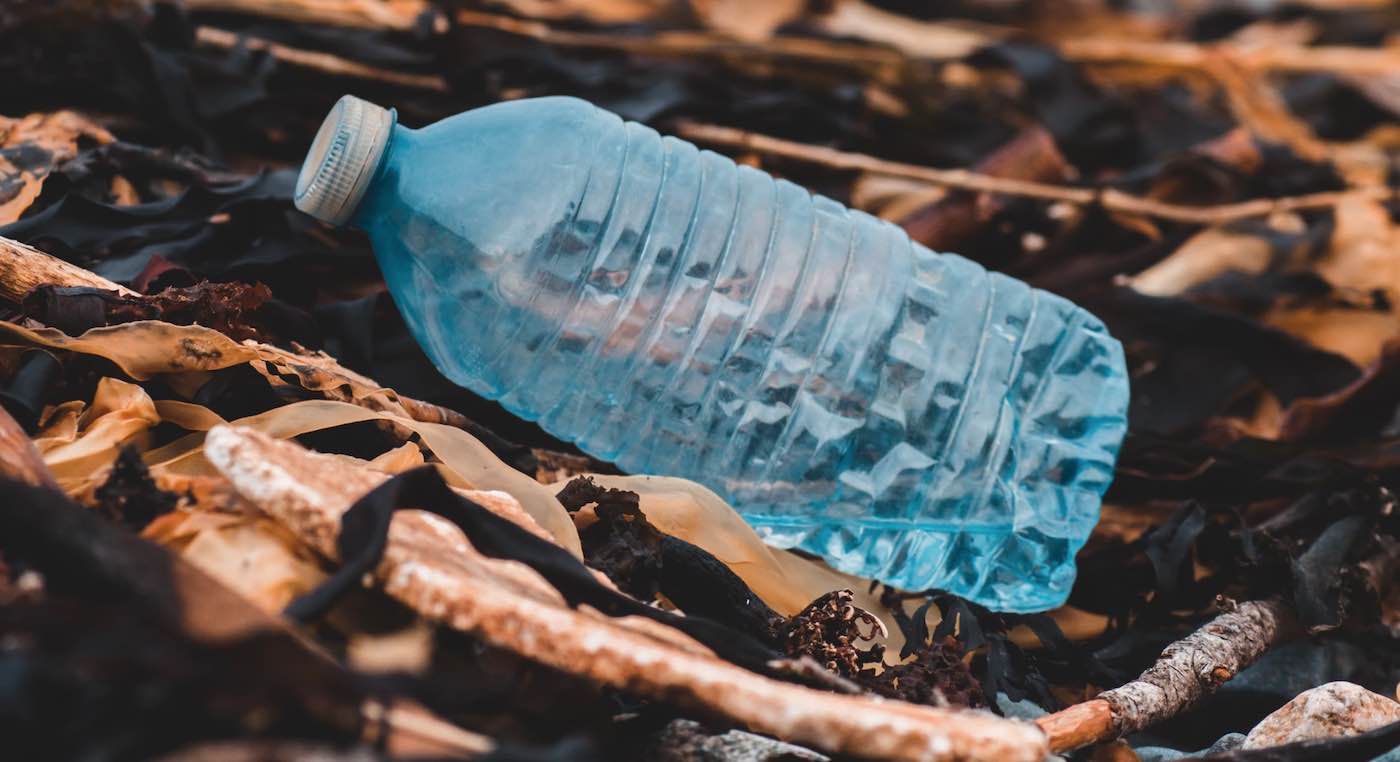By putting the recycling costs on the producer rather than the consumer, Maine becomes the first U.S. state to hold companies responsible for the waste they create.
In putting what is essentially an import duty on packaging, Maine is telling companies there is a limit to the amount of reliance they can have on Mainers and municipalities to recycle their material.
If a company is using less-than eco-friendly packaging, they have to pay a Stewardship Organization (SO) per ton of packaging they bring into the state.
The SO then looks at the costs and workload of recycling programs around the state and reimburses them depending on the amount and type of material they are processing.
Prior to the law, the only way to raise money for recycling was more taxes.
“It’s really designed to help tackle our waste crisis, get us to finally reaching our goal of recycling 50% of our waste which we set back in 1989 but never met,” said Sarah Nichols, Director at the Natural Resources Council of Maine, in an interview with WCSH News.
Nichols hypothesizes that companies will do more either to create eco-friendly packaging or to have clear recycling instructions and labels on their products that will ensure Mainers don’t put the wrong thing in the wrong bin.
Successful companies are often the nimblest ones; able to adapt to changing market and regulatory conditions, while remaining profitable.
RELATED: Rubber Made From Dandelions is Making Tires More Sustainable – Truly a Wondrous Plant
Small producers, either those who make less than $2 million gross or who create less than one ton of waste per year, would be exempt from the tax, ensuring Maine’s small business sector isn’t over-burdened with regulatory costs.
Nichols said that while Maine was the first U.S. state to pass a law like this, Oregon has a similar one heading to the governor’s desk, and that she is certain they “won’t be the last.”
RECYCLE the Good News From Maine—Share This Story With Pals…




















